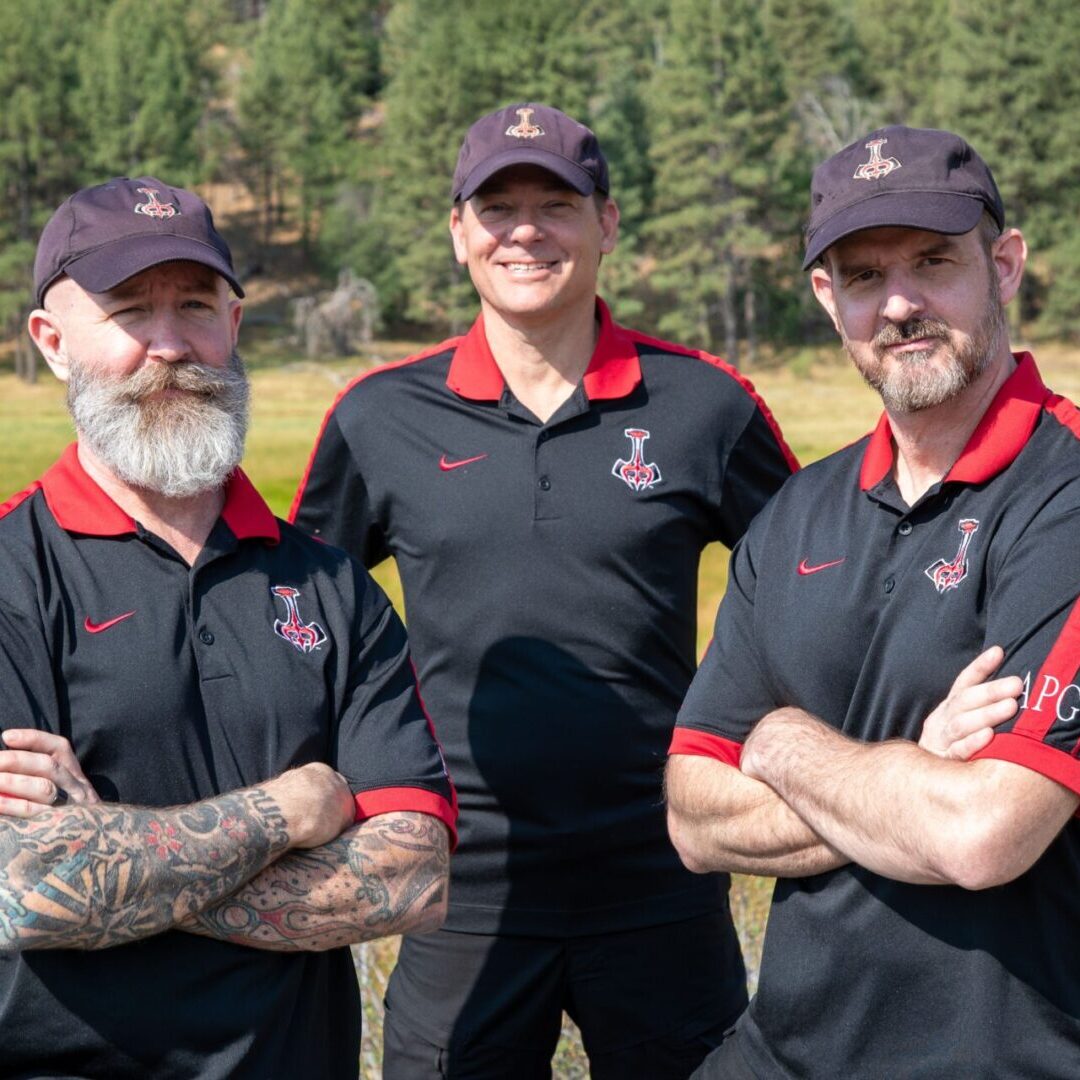| I was looking through my financials online this weekend when my wife says to me, “You know, I hope nothing ever happens to you because I don’t know how to access any of that information.” She’s right! I am the CRITICAL NODE to my family’s well-being if something should happen to me. Anytime a system has an element that, if it fails, the entire system fails, is called a SINGLE POINT OF FAILURE (SPOF). Last week, we talked about SABOTAGE, and one of the examples was, based on employees making themselves SPOF to disrupt the organization’s production. (Ex. Never pass on your skill and experience to a new or less skillful worker.) Sadly, this happens all too often in the workplace, and it occurs through both personnel tasks, or in a critical process. Even more surprising is how often this occurrence is enabled by leadership, or the SPOF is revered for their expertise. How often have we witnessed managers placing too much reliance on a single individual or themselves? They justify it with statements such as: • I can do it better or right the first time MYSELF. • I’m responsible so it’s on ME to do it. • I don’t have time to train someone, so it’s quicker if I do it. Is it really quicker? Does it make the system more efficient, or does it create unstable risks and build complacency? How much more efficient would the workflow be if tasks were imparted, shared, and duplicated at scale? The FIRST step is IDENTIFYING the Single Points of Failure. The SECOND is developing redundancy through delegating, empowering, and preparing! As the Point Man for my platoon in Iraq, I would never plan ONE route in or out of an operation. At a minimum, I planned a PRIMARY, SECONDARY, and TERTIARY route to protect the team. What can you do to protect your team? Remember, the world needs HITTERS! |
| Quote of the Day “The secret of Change Is to Focus All of Your Energy, Not on Fighting the Old, But on Building the New” – Dan Millman |
 |
Posted in Newsletters


 Embrace the Suck Podcast Episode 12: Embrace the Suck: Revisiting Our discussion on “Your Place in the Circle?” Want more APG Performance Tips, check out our podcast
Embrace the Suck Podcast Episode 12: Embrace the Suck: Revisiting Our discussion on “Your Place in the Circle?” Want more APG Performance Tips, check out our podcast